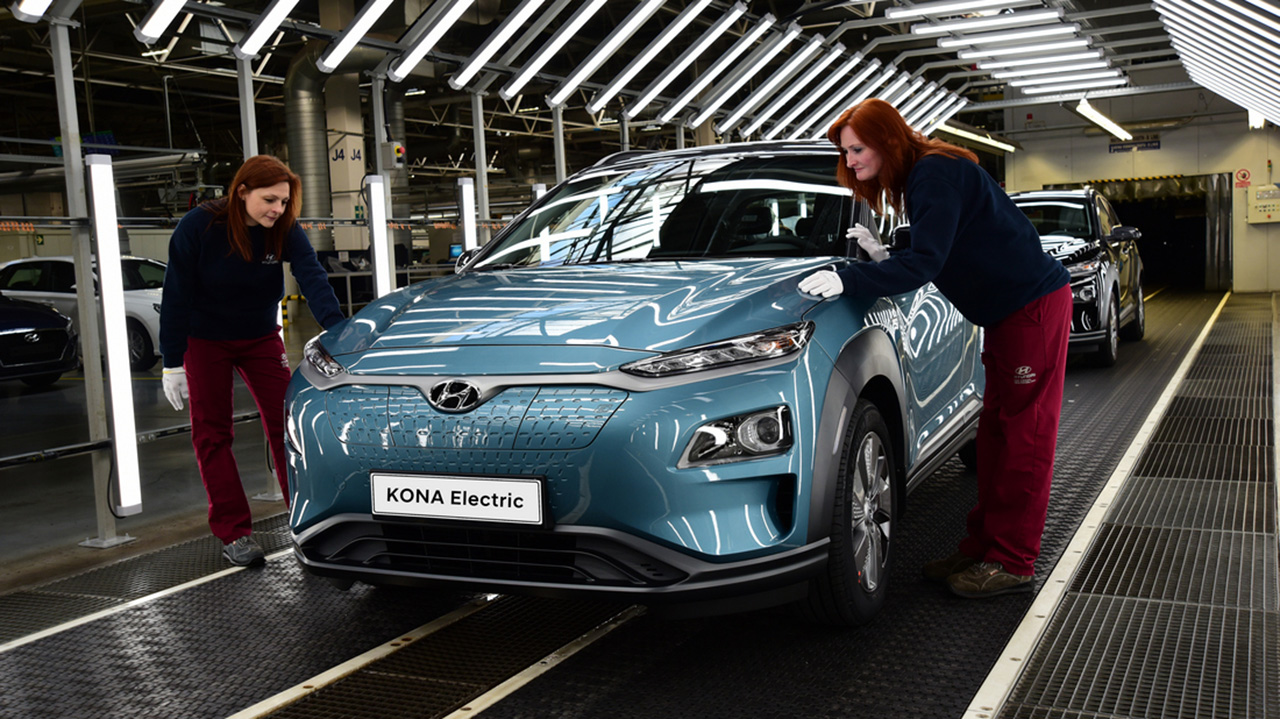The company's growth stopped in 2020 because of the pandemic. Everyone else's companies stopped too. The whole auto industry was affected. But, if you compare Hyundai to other companies, it didn't do too bad. In 2021, Hyundai's production and sales increased. It sold 6.6 million cars that year. That is less than Volkswagen (8.9 million) and Toyota (10.5 million).
While Hyundai is still far from Toyota, the carmaker has borrowed a page from Toyota's playbook, and leveraged its production and manufacturing strengths to grow. Hyundai's CEO explained it this way:
"We are on the right track, and this year we were very strong," President and co-Chief Executive Officer Jaehoon Chang, 58, said in an interview from a library at Hyundai's Seoul headquarters last week. "Our supply chain management was key. We're trying to be flexible, and optimize and protect production as much as we can in spite of the chip shortage."
Hyundai currently operates the largest auto assembly plant in the world. Hyundai's Ulsan Plant in South Korea has five smaller plants built into the complex and its own shipment dock. Bloomberg says Hyundai's conglomerate expands to the production of steel used to make the cars at Ulsan, as well as the steel used to make the shipping vessels that ferry the company's cars abroad.
Volume and sales figures for 2022 have yet to be tallied in full, but Hyundai is on track to make 21% more revenue than in 2021, or about $108 billion overall; Bloomberg claims that it is the highest average growth rate among major automakers.
Source: Bloomberg

